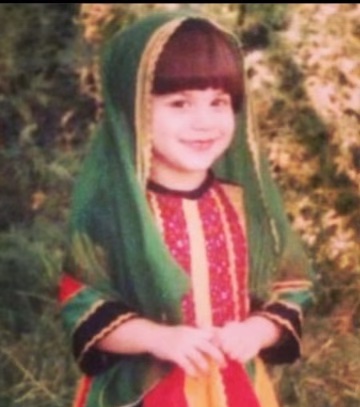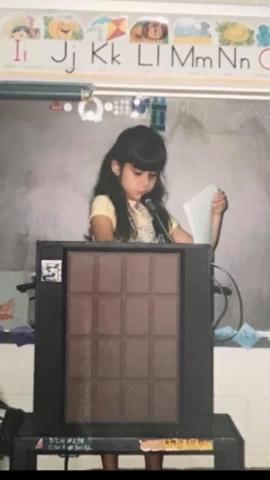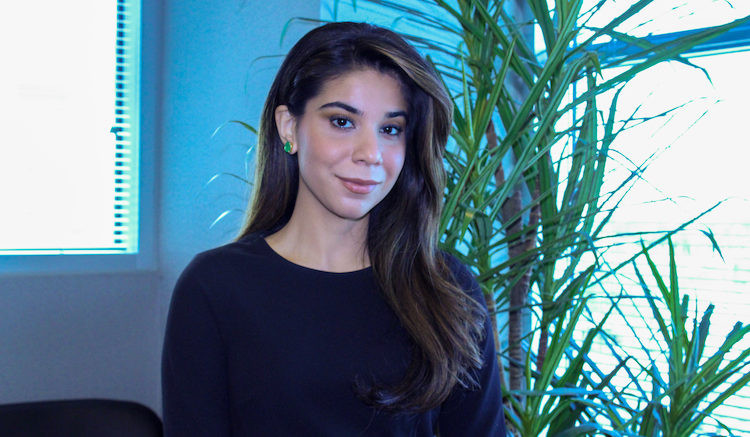By Gabby Alfveby
It’s been more than a year since the Taliban takeover of Afghanistan after the U.S. pulled the rest of its troops out, leaving many of the Afghan people and the country devastated by harsh conditions, war, and an authoritarian regime. But Afghan-Americans, Madiha Zahir and her mother Sheema Zahir, say Afghanistan and its people face too many false and negative stereotypes, and that women’s rights are under attack. In this series of stories, the Zahirs offer insights to help others understand their country, culture and the challenges everyday Afghans still face.
Some immigrants spend their whole lives trying to escape their past: war, destruction and divided families.
Madiha Zahir is different. She said her Afghan past made her who she is: a strong, independent woman and accomplished law graduate in Jacksonville.
“Everything that I’ve achieved in life, I think I attribute it to my background because that’s what made me so unique,” Zahir said.

Zahir is among the population of over 97,000 Afghans who have settled in the U.S. in the last two decades, according to the U.S. Department of State refugee admission documents. She moved to the United States at the age of 3 and is now 26 years old.
Zahir doesn’t remember much about the move, but being separated from relatives was tough, she said.
“I was really attached to my family that had not moved yet. They moved a year after us,” she said. “So, that was my biggest concern actually with the move at 3. I was very upset about them not moving at the same time.”

Living with your extended family in a larger home is common in Afghanistan. Family is important to Zahir.
Zahir talked about how multi-family homes are normal for Afghans. That might seem cramped when thinking of a normal American home, but the houses in Afghanistan are designed to accommodate extended family such as grandparents, aunts and uncles.
Zahir said she remains connected to her culture by keeping herself immersed.
“A lot of things that can keep you connected is the food the language and the clothes. I think we continue to incorporate that into our lives,” she said. “I eat Afghan food like five days out of the week … I was raised speaking Farsi.”

Sheema Zahir, Madiha’s mother, said her daughter speaks Dari (also known as Farsi) well for someone who wasn’t raised in Afghanistan. Dari is one of the main two languages that Afghans speak.
Afghan immigrants look up to Zahir as they adjust to life in the U.S. Her mother said her boss at Lutheran Social Services incorporated her daughter into their program by having her come speak to Afghans about women’s rights and other challenges that come with living in a new environment.
“She came and she talked to them and she was a very good example for them because she came [to the United States] when she was 3 years old,” Sheema Zahir said. “She told them ‘you can do it’ and that made them very happy and they learned a lot from that.”
Zahir’s mother said she is proud of her for everything she has accomplished while facing adversity. She graduated from law school in Maryland before moving back to Florida.
“I’m proud,, really, and for a young girl,” she said. “She did a lot. She did a lot.”
Zahir is proud to be an Afghan even though the U.S. is her home.
“I think that coming from this background, it has been a conversation starter in every arena, whether it was in college or law school or in my career. I think it’s made a huge difference in my life. And if I wasn’t connected to my culture, I wouldn’t have had the advantages I got that I have now…”
Read more from the series on Afghanistan:




Be the first to comment on "Home Away From Home"